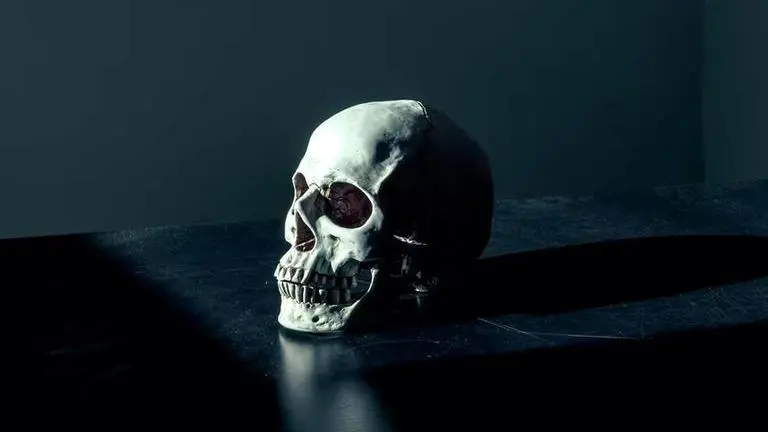Updated 20 October 2021 at 17:05 IST
Finland requests Sweden to restore ancient skulls taken for biology research in 1873
After approximately 150 years, Finland is preparing an official request to return human remains stolen and transported to Sweden for race research.
- World News
- 2 min read

After approximately 150 years, the Ministry of Education and Culture of Finland is preparing an official request to return human remains stolen from Finnish burial cemeteries and transported to Sweden for race research, as per the reports of Swedish newspaper Expressen. In 1873, Swedish scholars discovered the remains in cemeteries in Finland, which became known as the Pälkäneskallarna. The skulls were transported to Sweden as part of Karolinska Institutet's (KI) racial study project.
There are currently roughly seventy skulls bearing the word "pimple" in the Karolinska Institutet's collection. Several demands for the skulls to be returned to the ground where they were excavated have been made, according to a Finnish broadcasting company, Yle. Many KI students, doctors and other activists in Sweden and Finland demanded that the Finnish remains be returned before the start of the autumn semester this summer.
Karolinska Institutet apologised in 2019
Karolinska Institutet apologised to Finland in 2019 but the remains have not been returned. According to KI, they are looking into the matter because returns follow international norms and there are no laws for returning remains. In light of this, KI will continue to look into the wishes for the return of the Finnish remains, in collaboration with the National Heritage Board and other relevant Finnish authorities and institutions, according to Expressen. The Finnish Ministry of Education is now attempting to determine the exact location of the bodies, with the intention of burying the skulls to the same location from which they were exhumed, when they are returned to them. However, major changes in Finland's geography have occurred in the last 150 years, and what was once Rautalampi parish, where KI discovered the skulls, was much larger in the nineteenth century than the current Rautalampi municipality. According to Government Councilor Joni Hiitola of the Finnish Ministry of Education, their goal is to complete the inquiry into the origins of the skulls by the autumn of 2021, reported Expressen.
'There is no precedent for how to handle return claims'
The activists' initiative is applauded at KI. However, according to Sveriges Radio, the administrator and medical historian at Karolinska Institutet, Maria Josephson, stated that they are delighted that this issue has been addressed, but there is no precedent for how to handle return claims when they come from a collection of private people, as in this case.
Advertisement
Image: Unsplash
Published By : Rohit Ranjan
Published On: 20 October 2021 at 17:05 IST
